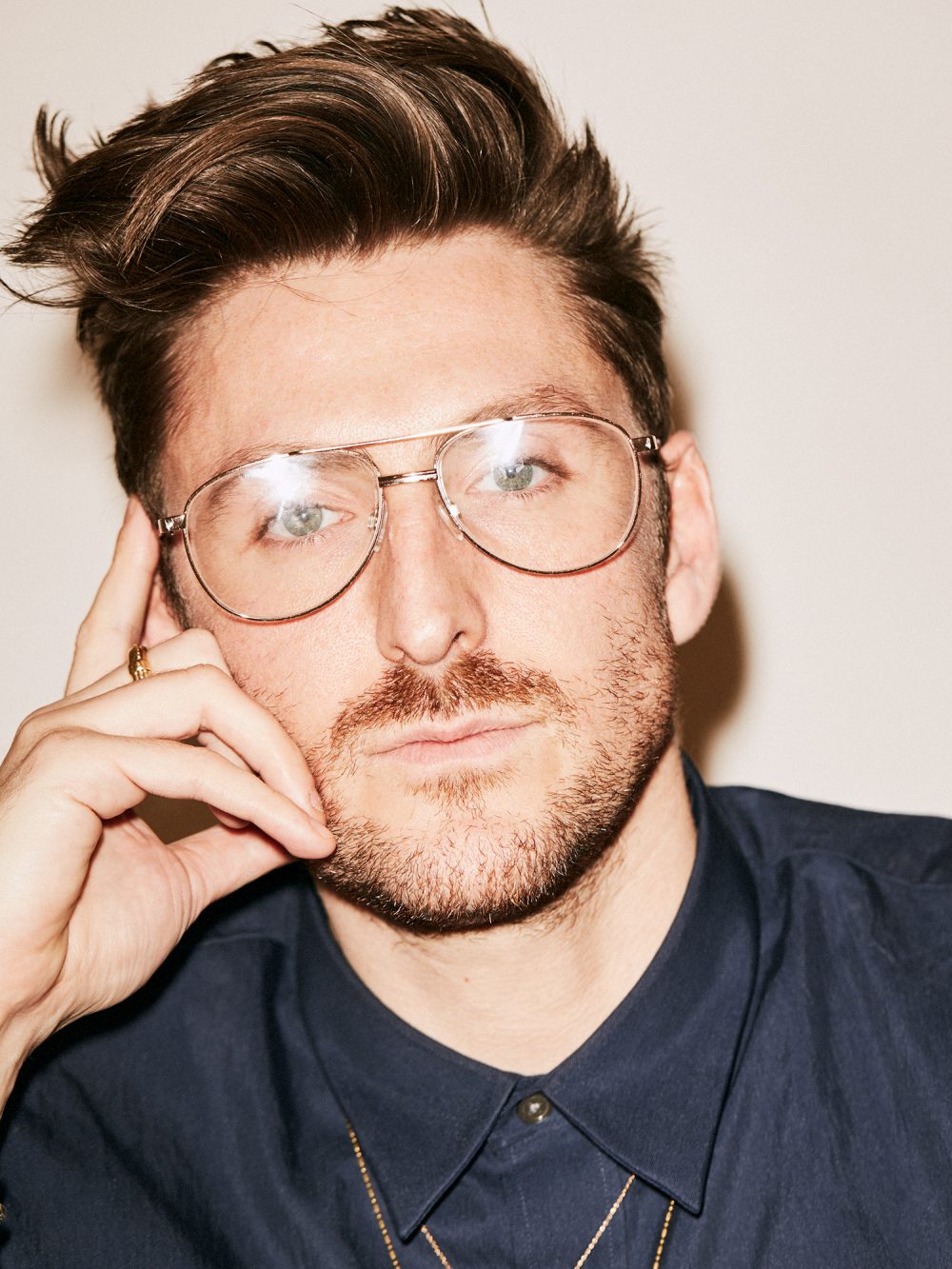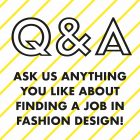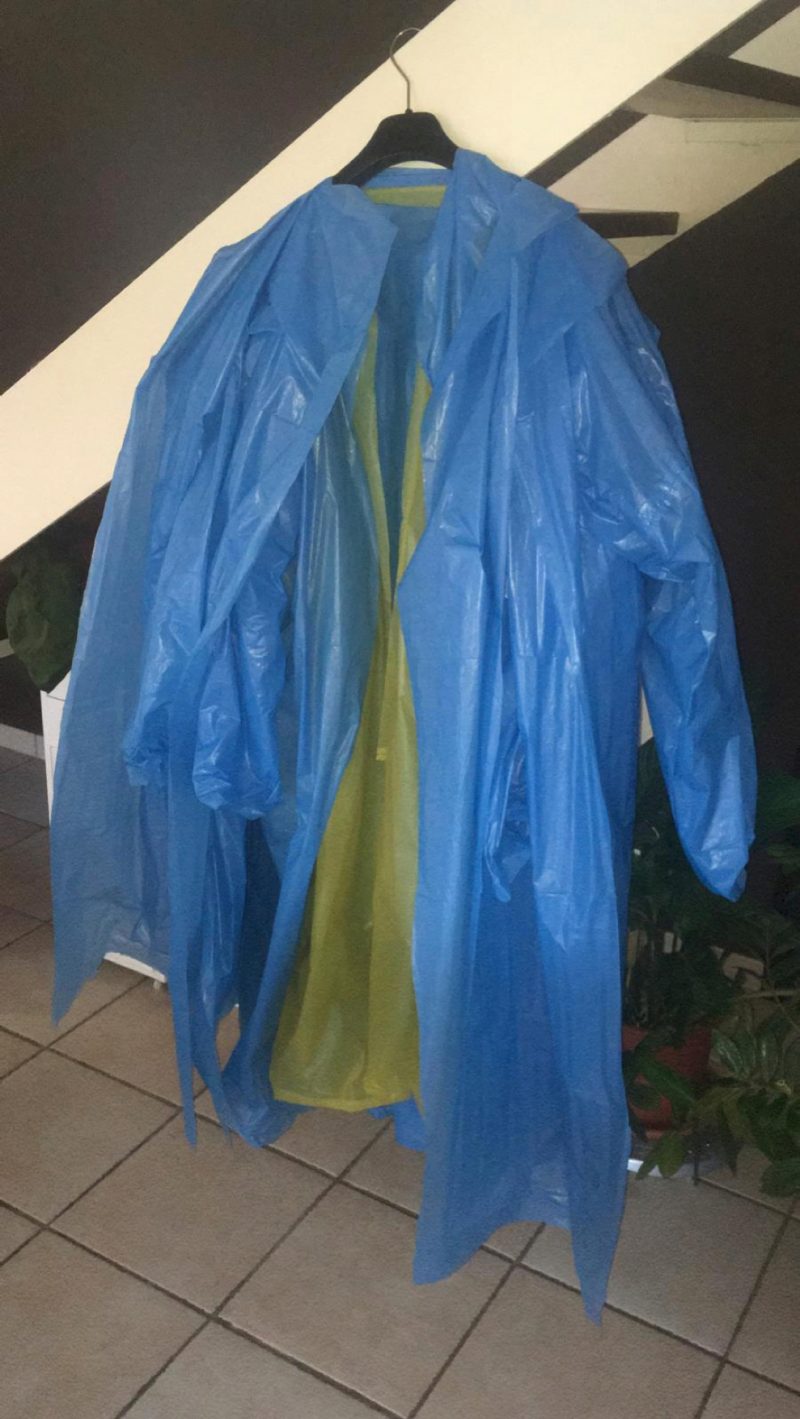
London-based Creative Director, HENRY HOLLAND, exploded onto the scene in 2006 with his memorable Fashion Groupies t-shirt designs, featuring quirky slogans such as ‘Get Yer Freak On, Giles Deacon’ and ‘Cause Me Pain, Hedi Slimane’.
Following his launchpad from the world of magazine styling and editorial, he began his own label, House of Holland in 2008, going on to show at LFW, and soon attracting a major celebrity following, including Agyness Deyn and Lily Allen. He also enjoyed many successful collaborations over the years, including Debenhams, Pretty Polly and Levi Strauss & Co.
In an exclusive interview for Fashion Careers Counsel, Henry, gives his insight into running a label, his advice on finding a job in fashion design, and talks about his career highs and lows…
Henry, thanks so much for taking the time to answer these questions, it’s hugely appreciated!
What advice would you give students who want to get into design, but don’t have a design background?
I think 17 is such a young age to be tasked with such a big decision with regards what to study at university and we are led to believe that this is the path that we will lead, career wise. That simply isn’t true and once you have studied in whatever it is you chose, then there are so many ways to traverse and manoeuvre into a different field if you change your mind later on.
“My advice for anyone looking to get into design in particular is firstly, you need to be damn sure, as this is all consuming and will require full dedication and a piece of your heart and soul.”
It’s not just hard work – it’s so much more. Secondly, make sure that you have a point of view and something to say, as this is so important in todays’ climate – with such a huge number of brands and designers to choose from, consumers are looking to make a connection to a product or idea to part with their cash!
You founded your label just over 10 years ago – today, I think there’s a very different feeling to the industry. In some ways, more competitive, in other ways, more open.
Would you agree?
This is such a strange time to answer this question with everything that is happening in the world with Covid-19 so I’m going to answer as if this was just before that happened.
I think that today there is so much more opportunity with online business being so much more evolved and adopted by almost everyone – social media being seen as a legitimate marketing tool and the fact that you can launch a label from your living room to a global audience within weeks – but on the flip side, so can everyone else, so the competition and the scrutiny is heightened and so much more intense.
Your career in styling and editorial definitely helped your trajectory and launch onto the scene – do you think the same thing would happen these days?
Yes, absolutely – look at some designers today who previously would be have been considered “celebrity” designers, or influencers who run and manage their own labels. People are more open to the idea that people from different backgrounds can become designers and be taken seriously in that arena. For me, my start was in teen magazine styling because I just loved that environment and I felt at home with the fun, less serious side of fashion, and that was such an important part of my training.
What advice would you give to designers looking to launch their own label?
I would re-iterate that it’s much easier in many ways today, because of the online landscape and social media channels available to everyone, and the key thing here is really just to have a point of view to make sure that you stand out amongst the multitude of new start up brands that we see every single season.
Looking back, do you feel launching your label when you did was the right thing to do, or in retrospect would you have worked for another House or fashion brand first, before starting your own line?
I have always said that in relation to my start in the industry, “ignorance was bliss”. Not knowing the gravity of certain things, or understanding the importance, helped me to approach them in a way that meant I was able to be true to myself and take things as they came.
“I think, had I had more industry experience, that a lot of that naivety and authenticity would have been lost, and that was so key in people relating to what I was doing.”
I was just so driven and impatient that I don’t think back then I would have had the patience to work under another designer / House and learn about the business that way. I was much happier learning on the job – even though that put my training under so much scrutiny over the years.
Did you find that the practical elements came easily to you when you started your label, in terms of technical – creating a garment in the 3D, product development and production?
I always worked with an amazing team from the get-go – a lot of designers will learn these skills and start off by doing all elements of a collection themselves. I simply missed that step, but over the years I gained so much confidence with working on patterns, working on the stand and fabric/print, that I eventually amassed a huge level of experience. That learning curve was a part of what made the journey so enjoyable.
What have been the highs of your design career?
I will never forget being backstage at that first ever Fashion East show, as I simply could not believe I was doing my own show at LFW, and that was always the same each and every season. The shows were such keystones and highlights.
And what have been the lows?
The day to day of running a business was always the part that dragged me back to reality, and the financial side of things was never easy.
“Creativity – when in the real world – requires financing. Ideas are just that, unless you can make the money to make them a reality.”
When you’ve been looking for new talent – designers or interns – for House of Holland, what do you think makes people stand out during the application process? What’s impressed you in the past?
I need to see personality. You can only get so much from a great portfolio, but it’s always the added details that make the difference and make someone memorable.
“I once said during an interview that I loved Cadburys Mini Eggs, and the next day a CV arrived with 5 bags of Mini Eggs! That person immediately got an internship. She made me sit up and take notice, and that level of ambition and ingenuity told me more about her than any CV or portfolio. It was JUST about the bribe.” J
And what do you hate to see during the application/interview process?
The phrase “I have a passion for fashion” in a covering letter. We all do, that’s why we’re here! I want to know why, or how, that translates itself into your life.
What do you like to see in a portfolio, when people are interviewing with you? What makes a good design portfolio, in your opinion?
A strong sense of development, and evidence that someone thinks in a 360 degree way, from concept through to realisation – this shows me that someone is able to work with the team and understand the different levels of the process. A great taste level is also key and not something that you can train someone to have. And finally, personality – I need to know that you becoming a part of our company ‘family’ is going to work, so I need to know who you are, as well as what you can do.
Do you mind me mentioning that – sadly – you’ve closed your label?
We recently went into administration, which was a heart wrenching decision, but I knew was the right thing to do. The Covid-19 situation put a halt on a lot of projects that we were working on in China, and forced our hand, but it was the most responsible path to take. It was so hard to have to do that, however the 13 years I had at the helm of House of Holland fill me with nothing but pride and gratitude, and I cannot wait to start my next chapter.
Follow Henry on IG@henryholland



